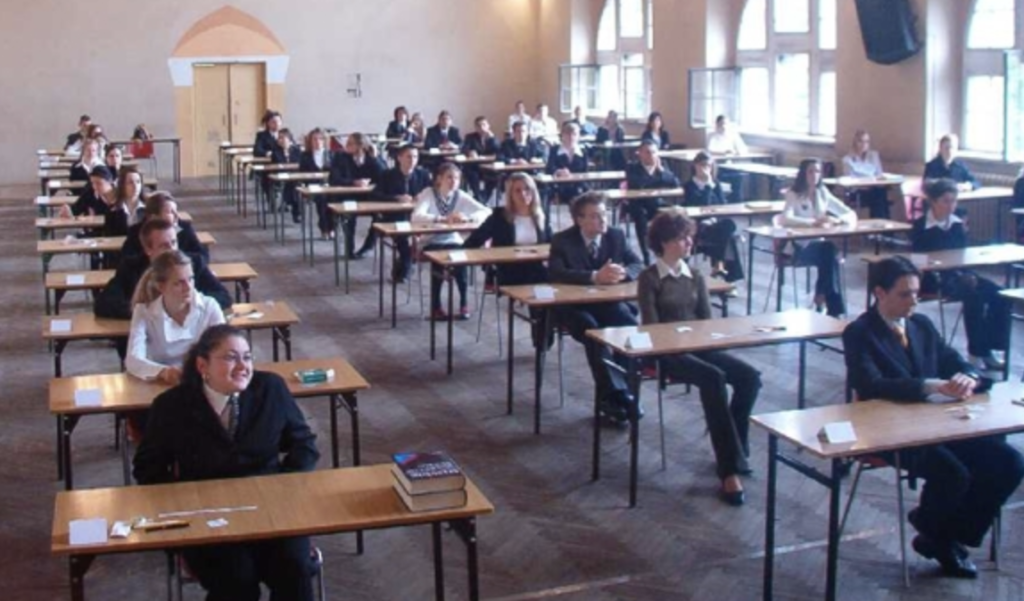Taking tests has never been my forte. While I understand the importance of regular testing in schools, I’ve never been able to grasp the point of nationwide standardized testing.
The fact is a student’s entire academic life is based on a combination of tests and other projects in school, so there’s no point in judging students’ intelligence once more based on their test scores. And the added restrictions of coronavirus have only further exposed the flaws of standardized testing.
Standardized tests are overly skewed to benefit those who have the time, money and resources to prepare for them. Students often spend thousands of dollars, years of preparation and piles of textbooks working toward perfect scores, and even then, they often retake the tests to get better scores.
But for less privileged students, test prep just means regular, public school education, and as a rule, these students achieve far lower scores. In essence, standardized test scores mostly track zip codes and little else.
Inequity aside, the prospects of having in-person, paper-and-pencil tests right now are iffy at best since the pandemic seems to be getting worse. According to The Los Angeles Times, California alone sees tens of thousands of new cases every week. The predicted fall and winter second wave seems to be starting in some parts of the country.
Even if in-person tests were to happen, most students haven’t had the chance to take paper-and-pencil tests in school since March, so springing the tests on students now would have them out of practice.
Not to mention, the College Board continues to set up future test dates, only to cancel many a week or less before the test would happen. This is extremely inconvenient to the students registered for the test, who are not only stressed about completing the test before college applications, but also have spent time studying for their now-canceled exams.
These frequently canceled exams show how unprepared the College Board is to adapt to the pandemic and safely administer tests. They also create even more stress for students, who study for weeks on end for an exam that only gets repeatedly cancelled.
Even before the pandemic, standardized tests have failed to accurately represent students’ intellectual abilities. They test memorization of certain techniques and types of problems rather than depth of understanding. The tests are out of date, and can be cracked by repetition instead of actual comprehension.
Test takers must only learn a method of completion rather than true problem solving, evident in the number of methodized practice material available for students.
Recently, coronavirus complications have pushed multiple well-known colleges and universities, such as the University of California system, to make standardized testing optional for applicants for the Class of 2021. Most of these universities have realized the flaws of the system, recognizing that coronavirus presents yet another hurdle for many students when it comes to standardized tests.
Now more than ever, the effectiveness of static means of evaluation such as standardized testing is far less than it has been in the past. With the added complications that come with a global pandemic, the emphasis on holistic review should be far greater than that of an outdated and inaccurate test.


























